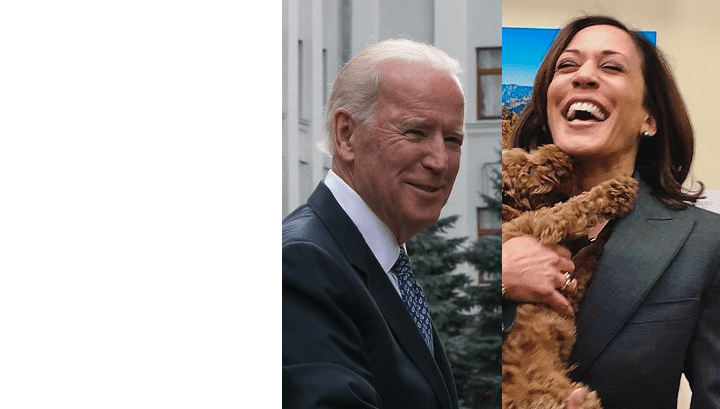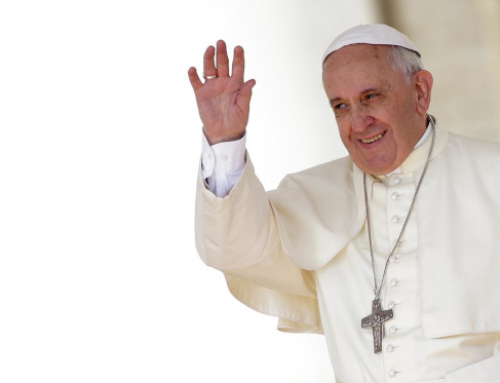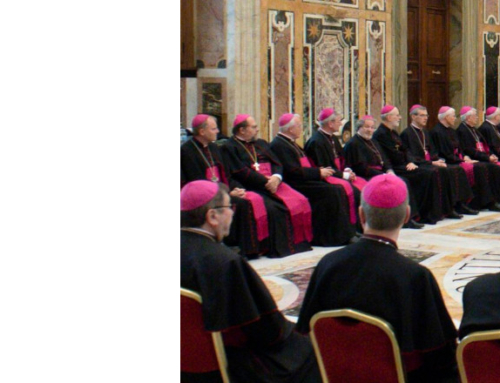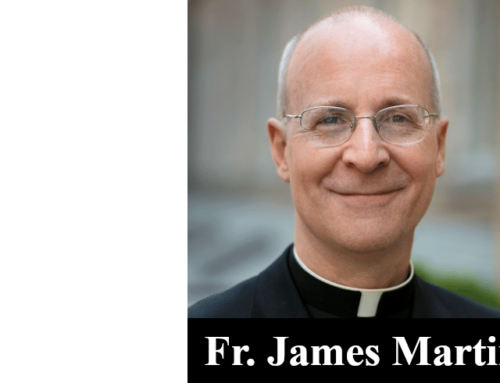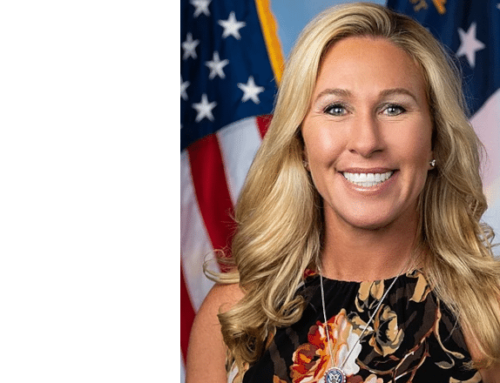Catholic League president Bill Donohue comments on the results of a new Pew Research Center survey:
A survey by Pew Research Center on the public’s perception of how religious the president and vice president tells us a great deal about the way Republicans and Democrats respond to this issue. Virtually every poll has shown that Republicans score higher on measures of religiosity (beliefs and practices) than Democrats, and this indicator proves revealing when analyzing the Pew survey.
Among all adults, 27% see President Joe Biden as being “very religious.” The difference is striking between Republicans and Democrats: only 7% of the former view Biden this way as compared to 45% of Democrats. If we combine “somewhat religious” with “very religious,” only 36% of Republicans see the president as religious as compared to 88% of Democrats.
Most Americans, 65%, are not sure what Vice President Kamala Harris’ religion is; there is no difference between Republicans and Democrats on this score, each weighing in at 64%. When asked about her overall religiosity score—combining “very religious” with “somewhat religious”—less than half (46%) of Republicans see her as religious as compared to seven in ten Democrats (69%).
Why do 9 in 10 Democrats see Biden as religious when only a little more than a third of Republicans do? Why do most Democrats see Harris as religious, even though they don’t know what her religious affiliation is?
The findings suggest the more secular a person is, the more likely he is to see public figures as religious. Conversely, the more religious a person is, the more exacting he is in labeling public figures religious. In other words, our perceptions about how religious a public figure is, are guided by our own religiosity.
Why do these data matter? We have seen from other studies that secularists are increasingly likely to see religion in a negative light. From this survey, we know it doesn’t take much for them to judge someone as religious.
Together, the two perceptions are problematic. Even a whiff of religiosity is enough to make secularists wary. This explains why the more militant among them declare that those who say the Pledge of Allegiance are “Christian Nationalists.”
Perception is not necessarily reality, but because it functions that way, the faithful are the ones who should be wary of secularists, not vice versa.


